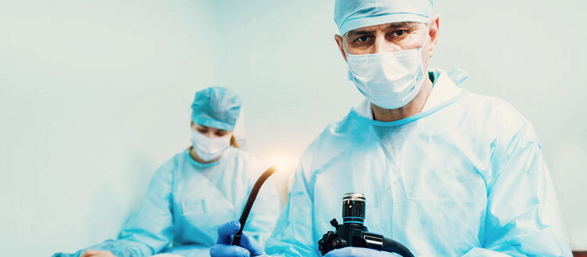

5 Endoscopic Companies You Need to Know About.
Minimally invasive surgery allows the surgeon to use techniques that limit the size and number of incisions that they need to make.
It is safer than open surgery and provides quicker recovery times, meaning that patients spend less time in hospitals. Ensuring that the recovery process is more comfortable for patients and frees-up hospital resources, which are often stretched.
For these types of surgery to be carried out, minimally invasive visualisation devices are needed to observe the internal organ or tissue in detail. This is a crucial area of the medical device sector, which is rife with innovation.
Working as a recruiter within this market, I come across different exciting companies every day. Each has their own unique story and innovative technology to match.
I want to share with you five companies that you need to keep your eye on in 2021.
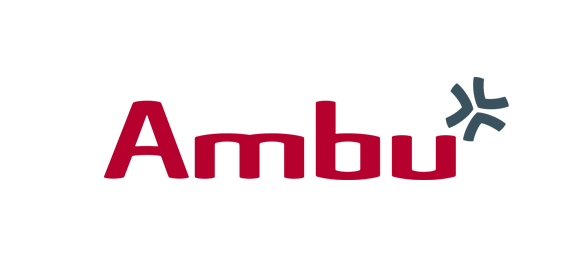
Single-use endoscopy has been crucial in the response to COVID-19 because sterile devices mitigate the risks of cross infection and ensure safe, efficient treatment for patients. Ambu is the world leader in single-use endoscopes and has played a crucial role for healthcare throughout the global pandemic.
SVP and Chief Marketing Officer, Greg Swanson, informed me that Ambu implemented an emergency plan, which aimed to ensure that products reached COVID-19 patients where they were needed the most.
Time was of the essence, so Ambu used air freight as the primary mode of transportation. The company rapidly expanded manufacturing capacity in China, Malaysia and the USA. Plus, its commercial organizations worked tirelessly with all healthcare centers (large and small) to understand how critical their situation was and prioritized accordingly.
COVID-19 is far from being defeated and there is still much to do. Ambu is committed to keep doing everything it can to fulfill its responsibility and make a difference.
Ambu’s focus on single-use endoscopy is what sets the company apart. For more than ten years, Ambu has pioneered the advancement of single-use scopes. Today, the company has not only the first-mover advantage, but also a unique engineering and manufacturing setup - not to mention the largest sales force in single-use endoscopy.
The Ambu® aScope™ is a product family of single-use flexible endoscopes, which have applications in pulmonology, urology, ENT (nose, throat) and GI (gastroenterology).
The reason Ambu is so disruptive is because we focus solely on single-use endoscopy and nothing else in many specialties we serve.
Greg Swanson
The solution includes a compact and high-resolution monitor, Ambu aView 2 Advance, which is intuitive to use and portable. That means doctors can take it wherever they need to go and count on clear, sharp images that allow them to confidently identify anatomical structures.
During 2020, Ambu has been awarded several national contracts for single-use endoscopes with major US group purchasing organizations (GPOs). This enables Ambu to further accelerate the company’s rapidly expanding share of the single-use endoscope market.
Ambu is definitely a company to watch.
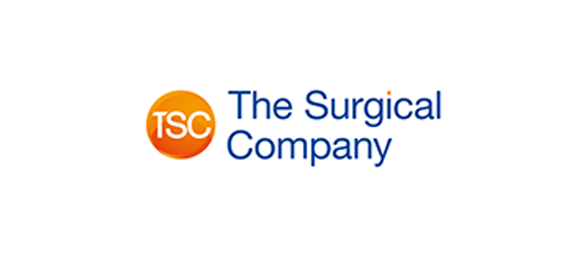
Another exciting company with similar ambitions to Ambu is The Surgical Company, Endovision division. This French company also provides single-use endoscopes.
The company focuses on bronchoscopes and currently have one available on the market, the Broncoflex®. This product is providing valuable support to hospitals and patients during the pandemic.
The Surgical Company, Senior Product Manager, Vincent Quéré told me how COVID-19 has shone a spotlight on the endoscopic space.
The global pandemic has brought realisation to the world about the importance of being sterile and preventing infection, the Broncoflex provides exactly that. For each new procedure, a highly efficient new endoscope to avoid all cross contamination.
Vincent Quéré
The Broncoflex® Vortex integrates a 2.8mm operating channel into an endoscope with a reduced external diameter of 5.6mm. This innovation offers users a wide working channel by reducing compatibility constraints with endotracheal tubes, whilst facilitating navigation in the distal bronchi.
While TSC Endovision focus on bronchoscopes for now, Vincent explained that it is searching for more areas to progress in and new applications for the technology.
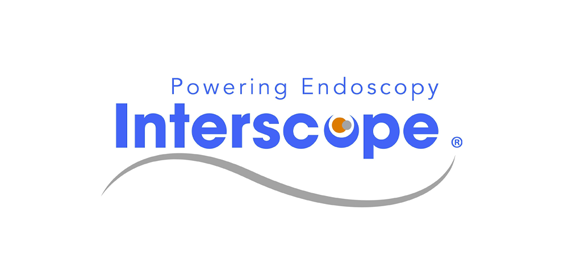
Interscope Medical has equally exciting plans, which the company’s CEO, Jefferey Ryan, enlightened me with.
Having won a CE mark for its endoscopic resection device in 2016, the company has gone from strength to strength. Interscope Medical’s EndoRotor device is unique because it is a three in one endoscopic prevention tool, which simultaneously dissects, resects and collects tissue. According to Jefferey, there’s no other device like it.
The EndoRotor’s principal focus is resection and debridement, focusing on adenoma recurrence and walled-off necrosis respectively.
Micro-Debridement has always been disruptive in every other clinical indication where it has been introduced. It’s been a disruptor to previous techniques and makes things that were previously manual automated, providing faster and safer management of disease processes.
Jefferey Ryan
This device is being sold directly in the US, UK and Germany; with distributors in France, Italy, Portugal, Austria and Holland. Jeffery explained that the company is focused on enhancing the company’s breadth and scale as it continues to innovate in endoscopy and pulmonology.
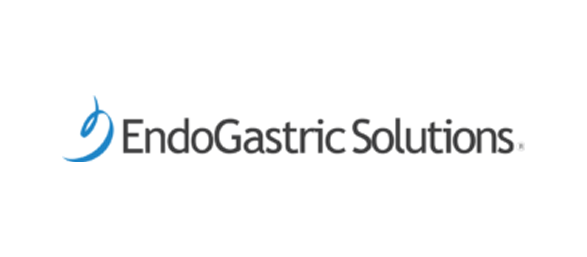
Endogastric Solutions is another well-backed medical device company, with innovative technology and vast amounts of potential.
Its proprietary technology platform, the EsophyX fastener delivery system, is designed to reconstruct the gastroesophageal valve (GEV) and restore its function as a barrier, preventing stomach acids refluxing back into the oesophagus.
Ted Stephens, VP of Marketing and Professional Education at EndoGastric Solutions, told me the company is focused on commercial growth activities to support physicians and patients who are looking for effective treatment options for gastroesophageal reflux disease (GERD).
With more than 20% of the US population suffering from GERD, we are proud to provide doctors and patients with an effective, minimally invasive option to address and treat the millions of patients suffering from this chronic disease.
Ted Stephens
The original EsophyX device and SerosaFuse fasteners were cleared by the FDA in 2007, however, Endogastric Solutions’ technology has continued to advance. The company is now in its third generation of the device, the EsophyX Z+, which was launched in 2015.
The EsophyX Z+ is commercially available in the US, Europe, Brazil and the Middle East and used by both gastroenterologists and surgeons to treat gastroesophageal reflux disease (GERD).
While there are numerous companies within the GERD space, Endogastric Solutions is one of the most disruptive and has a strong financial backing that will help the company enjoy an exciting 2021.
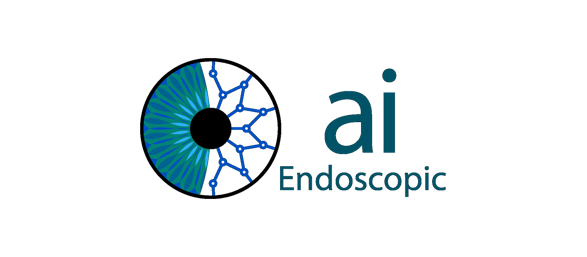
The future also looks bright for aiEndoscopic, which has exciting AI technology that could revolutionise endoscopy.
REALITI is a computer vision guided robotic endoscope, which provides easier and safer intubation.
Successful tracheal intubation requires three key elements: the visual access to the tracheal entrance, the dexterity of the intubator to manoeuvre the tube precisely, and years of experience to stay calm and act correctly in those stressful situations.
REALITI provides all those three key elements in one device.
A high-definition camera on the endoscope tip visualises the glottis. The patented bending section can move with robotic precision, and the computer vision algorithm supports the user in the intubation process, bringing in the experience of previous intubations.
Dave Gage (CTO), Philippe Ganz (CEO), Prof. Peter Biro (CMO), and computer scientist Ali Uzpak explained to me that the company is currently doing its first invitro testing and is looking to develop the prototype in this year. They are currently in a seed round to raise 1 million CHF for further development of the technology and to start clinical testing. The goal is to achieve a CE mark in 2023.
REALITI is going to revolutionise tracheal intubations by making them safer, more precise and easier. The synergy of medical professionals leveraging AI systems will boost clinical performance. The future of medical care lies with AI systems and medical professionals working together.
Dave Gage
With the minimally invasive and non-invasive surgical imaging market set to reach nearly $90 billion by 2027, I am excited to see how these five companies develop. It will be fascinating to witness their growth and watch how each of the companies continue to innovate and stay ahead of the game in an increasingly competitive market.
If you'd like to learn more or share your thoughts on the space, please email me at Jordan.Burgin@medical-cm.com.
You can see more content like this on my consultant page.
Recommended.

Live Webinar: Changing the Future for Femtech.
The women’s health space is suffering from vast underinvestment. In this live episode, Jordan is joined by three prominent figures in the field to discuss 'Changing the Future for Femtech'. Listen now.
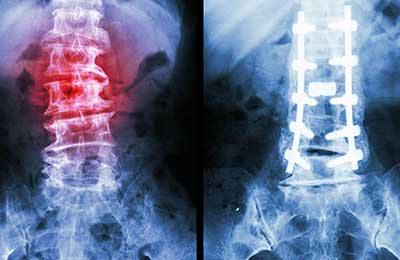
Is This the Tipping Point in Spinal Surgery?
Introducing new disruptive technologies to the spinal market comes with its opportunities and challenges. But what do these mean for the future of spinal surgery? Click to read more.
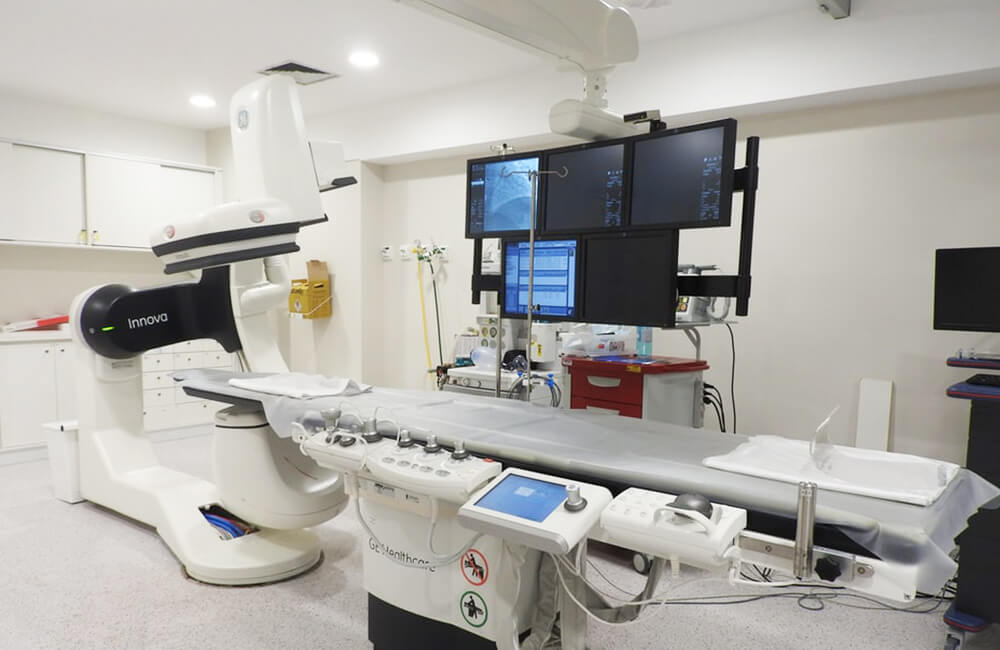
3 Technologies Revolutionising Spinal Surgery.
New innovations have continued to advance surgery – especially within the spinal space. I wanted to highlight the revolutionary technology that is driving this change and shaping the future of the space.
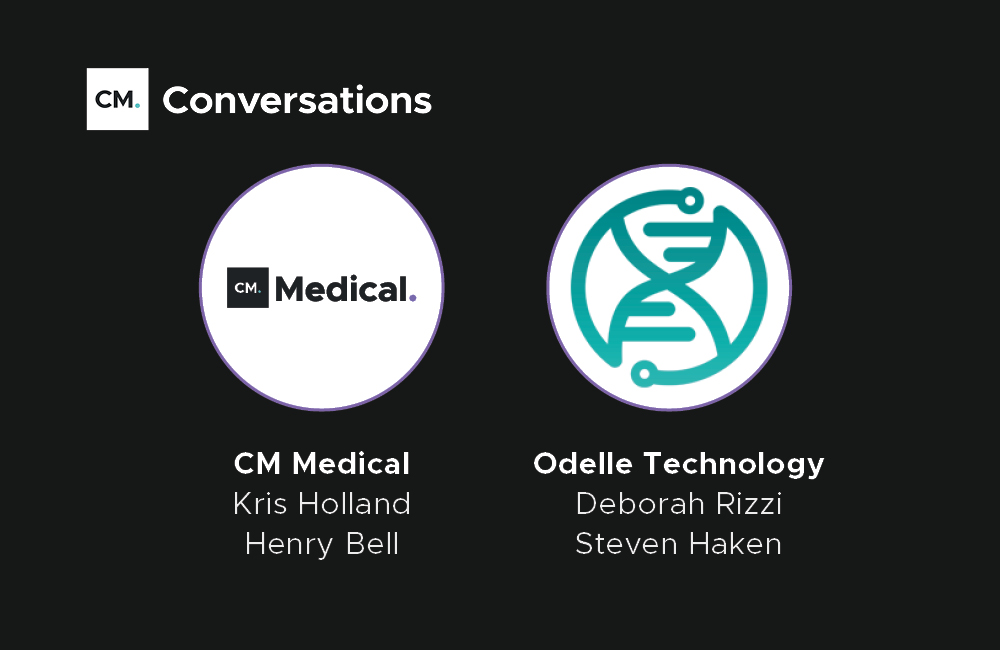
How to Take Your Medical Device to Market.
In this episode, I'm joined by Steven Haken and Deborah Rizzi from market access and reimbursement specialists Odelle Technology to discuss how to take a medical device to market.
Comments.